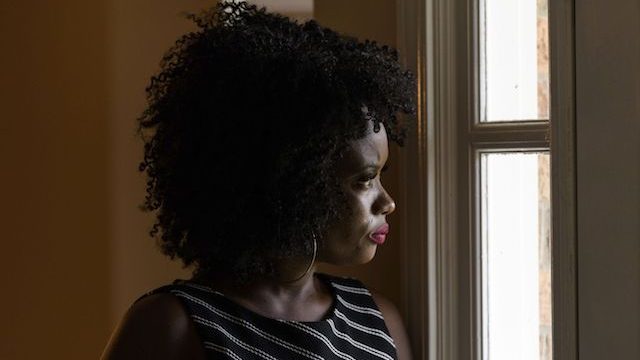After the last time Cecilia Roberts was sold for sex out of an Atlanta hotel room, she was taken to a residential facility to recover from her trauma and help prosecutors convict her two traffickers.
She was only 17 at the time, and she ended up spending a year at the 15-bed residence in Georgia for girls just like her. Roberts, now 24, recalls that living in safe house gave her time to heal and focus on her education.
Related Campaign: Protect vulnerable US youth from trafficking.
“For the first time, I’m in a room full of people that I feel like understood me, and I didn’t have to explain myself,” she said. “As a child, it was all that I needed: just peace, and a little bit of attention and love. That’s all that I was looking for.”
The need for long-term and specialized care for child victims of sex trafficking is increasing. For decades, rescued children were largely arrested and thrown into the juvenile justice system. Yet 24 states and the District of Columbia have now eliminated criminal liability for minors, focusing instead on steering victims towards treatment.
The Washington Post reports:
It’s impossible to quantify how many children are sold for sex in the U.S., but Polaris, which operates the National Human Trafficking Hotline, said the number of cases it’s handled in which it’s known that the sex-trafficking victim is a minor has more than doubled over the last five years, from 1,020 in 2012 to 2,495 in 2017.
Advocates say specialized residential care with targeted treatment in a home-like setting can be good for victims, but they also say it would be best if the response were tailored to each child.
“In the ideal world, we’d have a range of services. So that the kid who liked the long-term equine therapy could be treated there.
Or the kid who didn’t want to be in any kind of shelter but wanted to get some kind of support in a foster setting or their family home could have that,” said Carol Smolenski, executive director of ECPAT-USA , an anti-trafficking policy organization. “In an ideal world, there’d be a continuum of types of services, but we’re nowhere near that.”
Kids who are vulnerable to trafficking are often homeless or runaways, or who have been neglected or abused. It is their own ‘boyfriends’ or adults they see as parent figures that traffick them.
Allison Franklin, who was sexually abused as a child and a runaway in her teens wound up being controlled by a trafficker as an adult.
“Whatever you need, they’ll be that person,” she said. “Some of them are so adept at this that you might not even have vulnerability or a need and they’ll create it.”







Freedom United is interested in hearing from our community and welcomes relevant, informed comments, advice, and insights that advance the conversation around our campaigns and advocacy. We value inclusivity and respect within our community. To be approved, your comments should be civil.